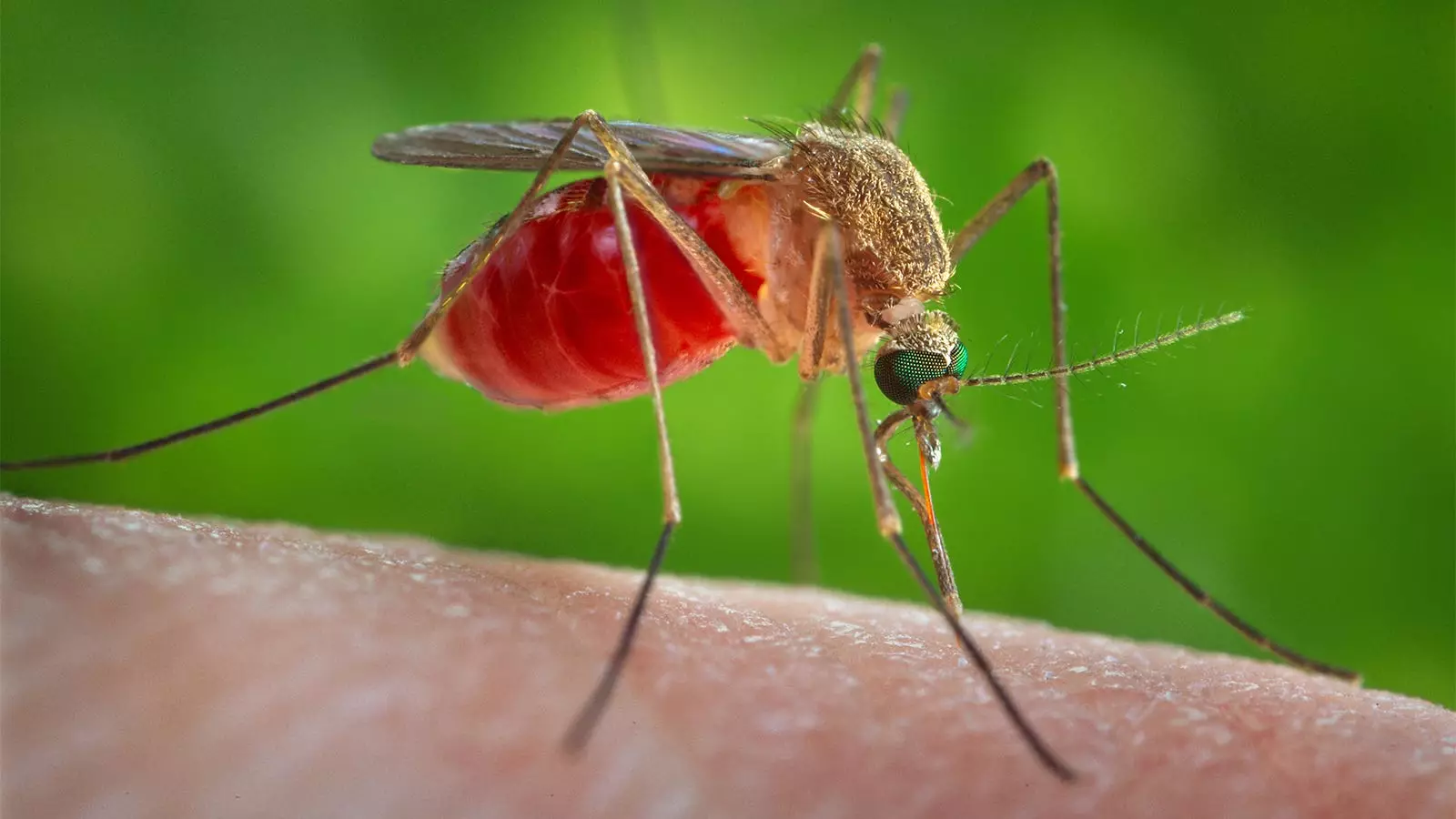The Oropouche virus, also known as sloth fever, is a virus that was first identified in 1955 in a forest worker on the island of Trinidad. It is native to forested tropical areas and was named after a nearby village and wetlands. The virus has been linked to small biting flies called midges and some types of mosquitoes, which transmit the virus to humans. Scientists believe that the virus spreads between insects and animals, with humans playing a role in its transmission.
The Oropouche virus is primarily spread to humans by midges and mosquitoes in forested areas. While person-to-person transmission has not been documented, humans visiting forested regions have been known to contract the disease and inadvertently bring it to towns and cities. In recent months, there have been reports of infected travelers returning to the United States from Cuba, sparking concerns among health officials.
The virus has caused large outbreaks in the Amazon regions, as well as new areas in South America and the Caribbean. Countries such as Bolivia, Brazil, Colombia, Cuba, and Peru have reported approximately 8,000 locally acquired cases. Travelers from the U.S. and Europe have also been diagnosed with the virus. The CDC confirmed 21 cases in the U.S., with the majority originating from Cuba. European health officials reported 19 cases among travelers.
Symptoms of Oropouche virus disease can be similar to other tropical diseases such as dengue, Zika, and malaria. Common symptoms include fever, headaches, muscle aches, diarrhea, nausea, vomiting, and rash. In severe cases, patients may experience bleeding, meningitis, and encephalitis. While the virus is rarely fatal, recent reports have shown deaths in otherwise healthy individuals in Brazil. Currently, there are no vaccines to prevent infections and no specific medications to treat the symptoms.
Health officials in Brazil are investigating reports of possible transmission of the virus from a pregnant woman to her fetus, raising concerns similar to those seen during the Zika outbreaks. The CDC has advised pregnant women to avoid non-essential travel to Cuba and recommended all travelers take precautions to prevent bug bites, such as using insect repellents and wearing protective clothing.
The Oropouche virus outbreak poses a significant public health concern, particularly for travelers visiting regions where the virus is prevalent. It is essential for healthcare professionals to be vigilant in identifying and treating cases of Oropouche virus disease, as well as for travelers to take necessary precautions to prevent infection. Further research and global cooperation are needed to better understand and combat the spread of this emerging infectious disease.



Leave a Reply